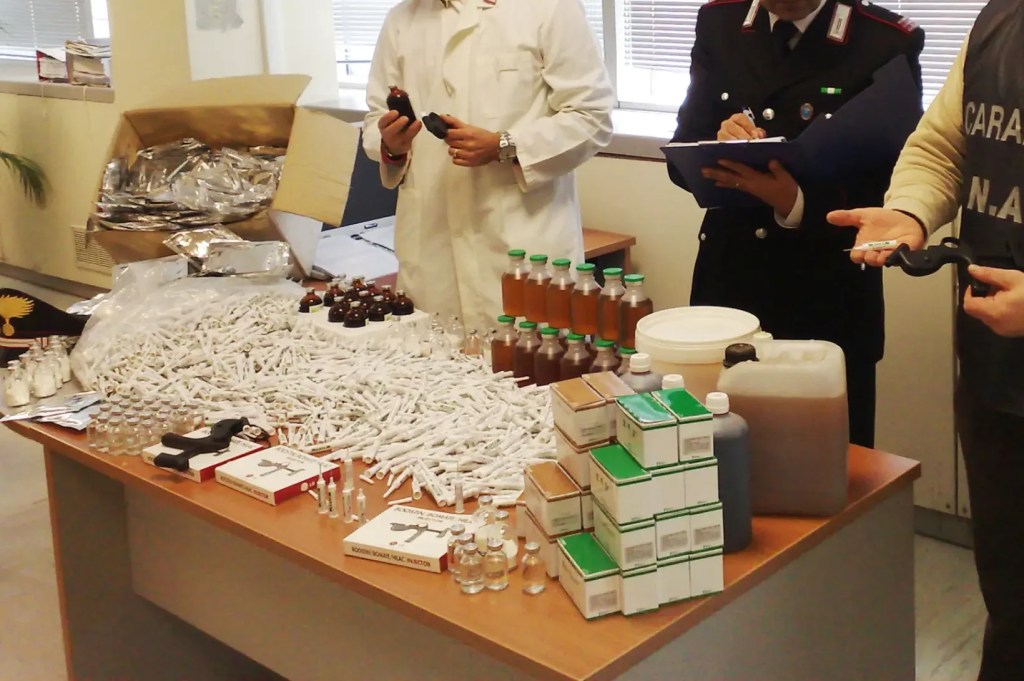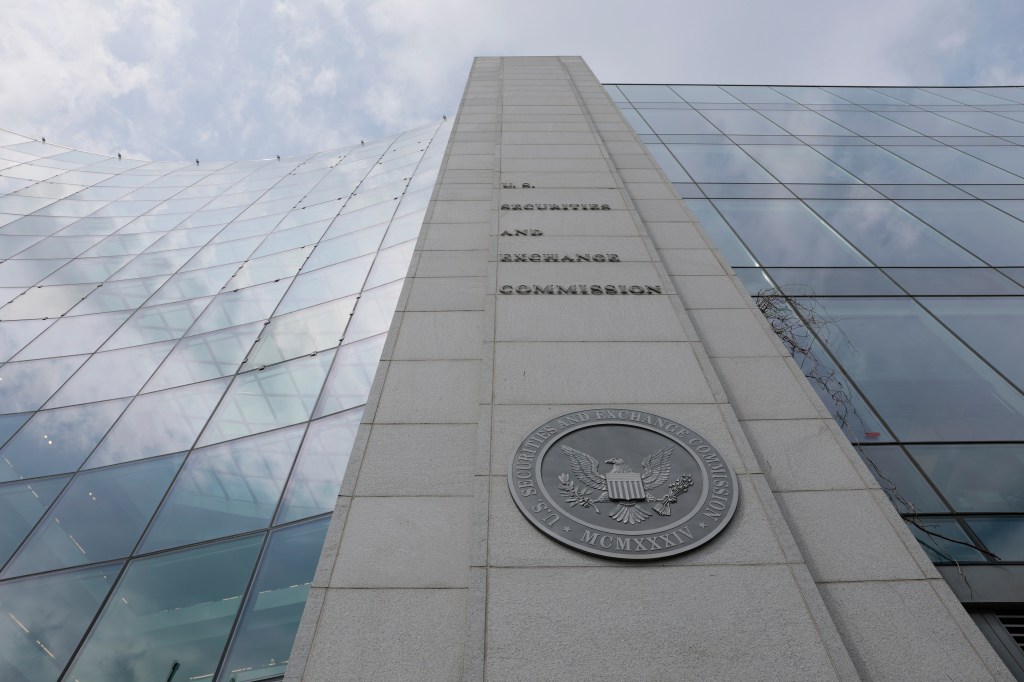Therese Chambers, joint executive director of enforcement and market oversight at the FCA, was the keynote speaker at the Market Abuse and Market Manipulation Summit 2025 in London last week.
In her speech, she discussed three key factors that, in her words, underpinned the FCA’s overall strategy to combat market
Part
Register for free to keep reading
To continue reading this article and unlock full access to GRIP, register now. You’ll enjoy free access to all content until our subscription service launches in early 2026.
- Unlimited access to industry insights
- Stay on top of key rules and regulatory changes with our Rules Navigator
- Ad-free experience with no distractions
- Regular podcasts from trusted external experts
- Fresh compliance and regulatory content every day













